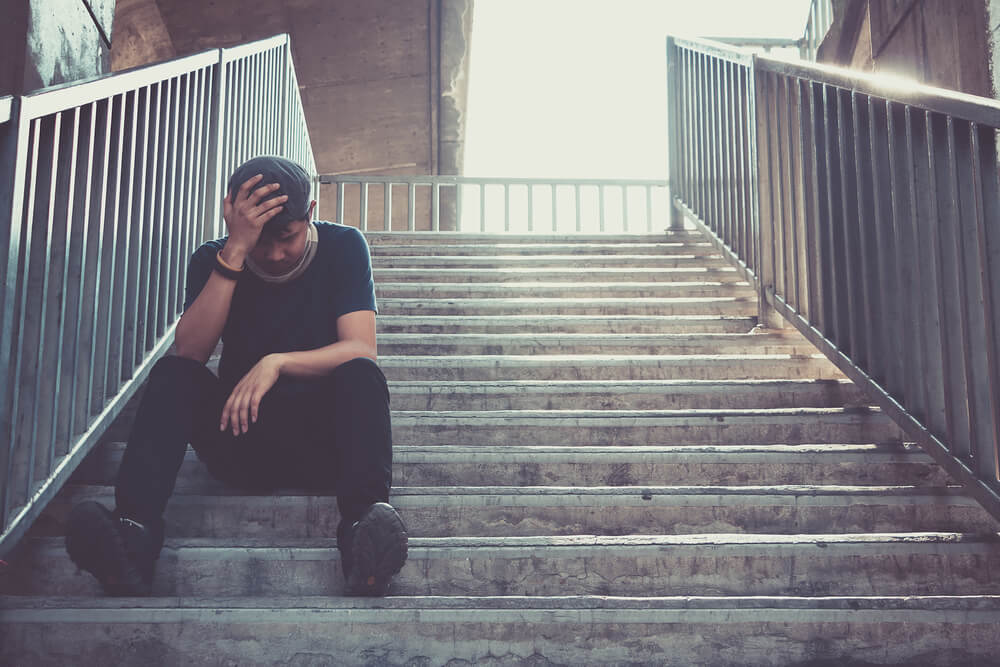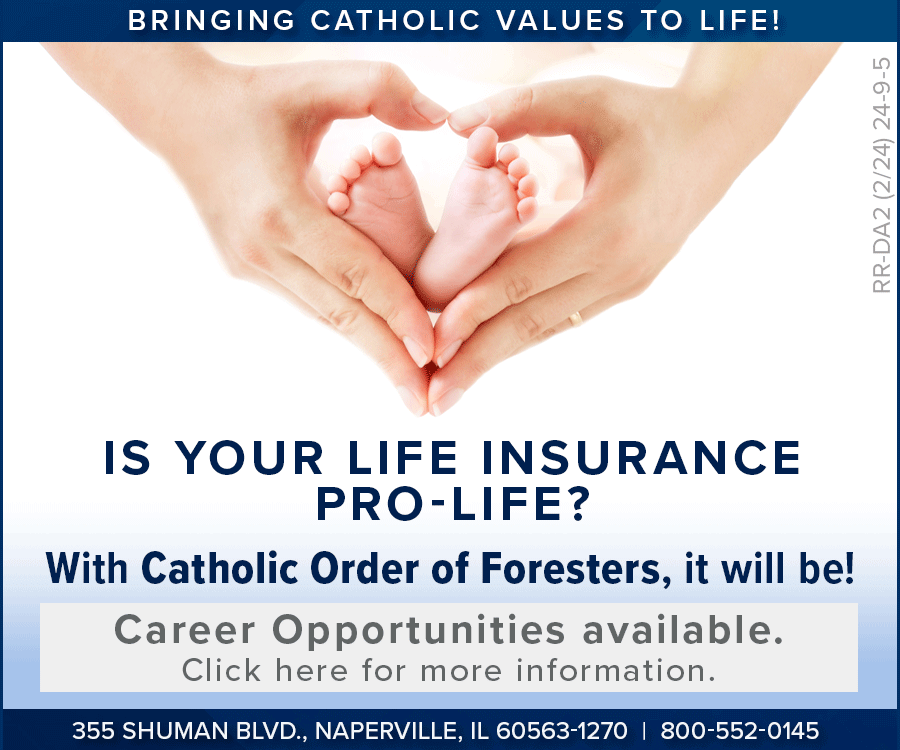On the path to holiness, one of the most frustrating elements can be the tension between our desire to do God’s will and the allure that sin still has in our lives. Even St. Paul confessed to struggling with this after his conversion, writing, For I do not do the good I want, but the evil I do not want is what I do. (Romans 7:19)
If we know that certain actions (or inactions) are sins, why do we keep doing them? Why do we sin? Fr. Matthew Spencer, OSJ reflected on the reasons we sin during a recent St. Joseph’s Workshop, drawing from his own experience of a sin he committed in the past.
“This was in college, and there were probably 3 or 4 times where I deliberately missed Mass on Sunday,” Fr. Matthew confessed. “I am not proud of that. In the whole of my life, I can count on one hand the number of times I’ve missed Mass on Sunday. And I’m not bragging about that, because one time is horrific enough. We should never commit a grave sin, a mortal sin. And in my case, I knew that what I was doing was wrong.”
“Why did I do it?” he asked. “Probably a number of different reasons. My priorities got misplaced in college to a certain degree. I was raised Catholic and taken to Mass every Sunday growing up. And, largely, even when I went to college I was taking that part seriously. But there were a few Sundays where I didn’t make it a priority.”
Though Fr. Matthew explained that this sin was forgiven in Confession long ago, he was thinking about it recently, and more specifically he was thinking about why he committed that particular sin.
He said, “Do you know why I did that? Because deep down I thought I would find happiness in doing that. I mean, that was very misguided, of course. But why do people commit sin? Because we want to find happiness.”
“I think that was part of it for me in college, with those few times that I chose not to go to Mass on Sunday,” he admitted. “I think I thought, ‘Well, now I’m free. I can do what I want and nobody is here to tell me what to do. I’m a big boy and I can choose what I want to do. And that’s going to make me happy. That’s what actually will lead me to authentic happiness. Me finding freedom in doing what I want.”
“Of course, I didn’t find any freedom. Fortunately, my Catholic guilt kicked into high gear very soon after those incidents. The freedom wasn’t there at all. In fact, I became distraught.”
Father Matthew referred to the third chapter of First Letter of St. John, where John writes, Everyone who commits sin commits lawlessness. For sin itself is lawless. (1 John 3:4) He pointed out that the reason sin doesn’t make us happy and doesn’t lead to freedom is because it brings chaos and disorder into our lives.
“Here’s the problem,” he said. “When we commit sin, we don’t find order in our lives. We don’t discover greater freedom. In fact, what happens is we engender chaos and confusion, and ultimately sadness. Because when lawlessness sets in, when disorder takes over in our lives and in the world, that does not lead to happiness. It does not lead to fullness of life. It leads to great suffering, it leads to great difficulty. Sometimes even to the worst despair of all – being separated from God for all eternity.”
So what is the antidote to the thinking that sin will make us happy? St. John offers it to us earlier in the same chapter which he begins by saying, See what love the Father has bestowed on us that we may be called the children of God. Yet so we are. (1 John 3:1)
“You are a child of God,” Fr. Matthew reiterated. “And if you live your life as a child of God, avoiding sin, contributing to the growth of the Kingdom, and to beauty, truth, and goodness in the world, you will discover great peace and great happiness.”
“If, on the other hand, you cooperate with sin – fall into temptation and give yourself over to those things that are not of God. What happens? Your life becomes lawless. It becomes chaotic. It becomes confused, and ultimately becomes very chaotic and very dissatisfying.”
“Let’s choose the good,” he encouraged his listeners. “Let’s turn away from sin. Let’s realize that John the Apostle is speaking from his first-hand experience with Christ, who taught him directly how to find freedom. Freedom in Him alone.”
Listen to the full reflection below:
St. Joseph’s Workshop with Fr. Matthew Spencer airs weekdays at 7:00 p.m. Eastern/4:00 p.m. Pacific on Relevant Radio® and the Relevant Radio App.


